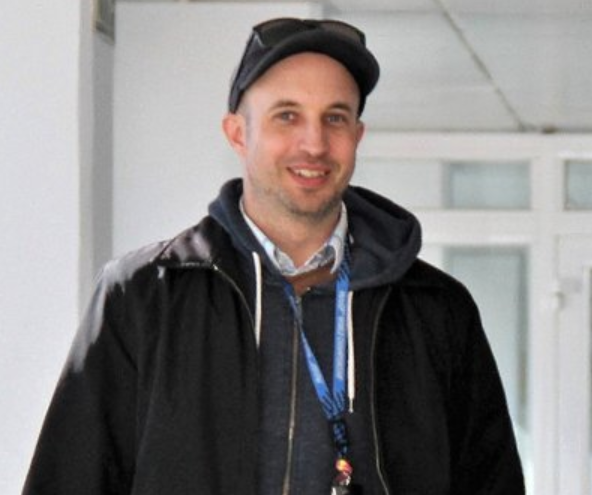Suzuka 8 Hours: Preparation key for the fires of hell
![Van der Mark, Lowes, Nakasuga, Yamaha, Suzuka 8 Hours [Credit: Yamaha]](https://cdn.crash.net/original/AU1616299.jpg?width=1600&aspect_ratio=16:9)
You will be tired, you will be on the edge of exhaustion - but being prepared mentally and physically are rewarded at the Suzuka 8 Hours
Not a lot prepares a rider for the challenge of the Suzuka 8 Hours. Any endurance race is a test of mind and body, but when heat and humidity are added to the equation, the 8 Hours becomes a real test of man and machine.
The air is hot and sticky and every breath you take burns your lungs. It's an environment that has been compared to racing's version of hell and with temperatures regularly in excess of 30C and humidity reaching 90%, it's easy to see why.
Humidity is a value given to the amount of water vapour in the air and the more moisture present, the more uncomfortable it gets for riders - the higher the humidity, the harder the body has to work to cool itself down.
While sweating profusely will make you unpleasant to sit beside on a train, it does have the benefit of cooling the body and reducing body temperature when exercising.
Unfortunately this positive by-product of sweating will be negated in Japan this week because the humidity is so high - and with so much moisture already in the air it makes it more and more difficult for water to evaporate from your skin.
There are problems lurking around every corner and in these conditions a failure to prepare means that you are preparing to fail. A rider's training, preparation and recuperation are crucial elements to any success this weekend.
At the best of times it is a challenging to exercise in these conditions but when it's combined with wearing leathers, helmets, boots, gloves and sitting on a scorching hot motorcycle, it truly is a massive challenge.
"Suzuka is unlike anything else we do," commented Alex Lowes. "Typically we wait on the grid for fifteen minutes before a race and you try to focus on the task at hand. You're limiting all the distractions down there. On the grid of a WorldSBK race I don't want to do interviews; I want to focus on the job at hand. In this race though we're on the grid for one hour because they go through the national anthems and the pageantry of the event.
"You are standing there in all of your leathers in 30C and high humidity. The sweat is dripping off your back and down your leathers. It's the most unpleasant moment of the entire season! Everyone on the grid is feeling it. You're drained and tired and you haven't even started yet! But when the grid clears and you get ready for the start you forget all those feelings and it's amazing."
That feeling of amazement comes from riding through the final corner and seeing a mass of Japanese race fans in the grandstands. Typically once a race bike is screaming down the straight at almost 200mph there is a cooling breeze to at least offer some respite to the rider but at this race you can't even rely on that.
What riders can rely on, however, is using a paddling pool filled with cool water. This allows them to suddenly reduce their body temperature and aid their recovery. Seeing these small pools lying around the paddock always makes for an interesting photograph - but it really is all about function and benefits for the riders.
Being able to reduce your core temperature quickly is key for riders in this race and the pools allow them to do this. When this is combined with other recovery tactics, the benefits are clear for all to see.
Massage therapy after a stint allows the body to recover and blood to flow easier throughout the body, which aids recovery. Having a masseuse on site and available at all times allows riders to be in the best position possible to get the most from themselves.
Being able to get the most from your body in recovery allows the rider to be at their best when it matters. However, as with everything in racing, it is the mind that is key. For Michael van der Mark, a two-time winner, that comes from preparation.
The Dutchman has raced already this year in Japan to get used to the bike and tyres but it also allowed him to get some added experience in Japan. The 24 year old loves the challenges presented by the race and commented:
"Most of the other riders in the WorldSBK paddock are heading off on their holidays now, but Suzuka to me is something special. It is such an incredible experience. When you are on the bike, pushing as hard as you can for your one hour stint, it is so tough. But if you get a good result there is no other feeling like it!
"Every year I have done the Suzuka 8 Hours, I have said to myself afterwards, 'never again,' because it's so hard! But then, after a few weeks, I am already thinking about the next year and wanting to do it again. Sometimes you think it would be nice to have a summer holiday, but I wouldn't have it any other way."
Tired and on the edge of exhaustion they may be, but with an incredible reward for those who best the most difficult of challenges, it's enough to keep them coming back - and then preparing to do it all again.


